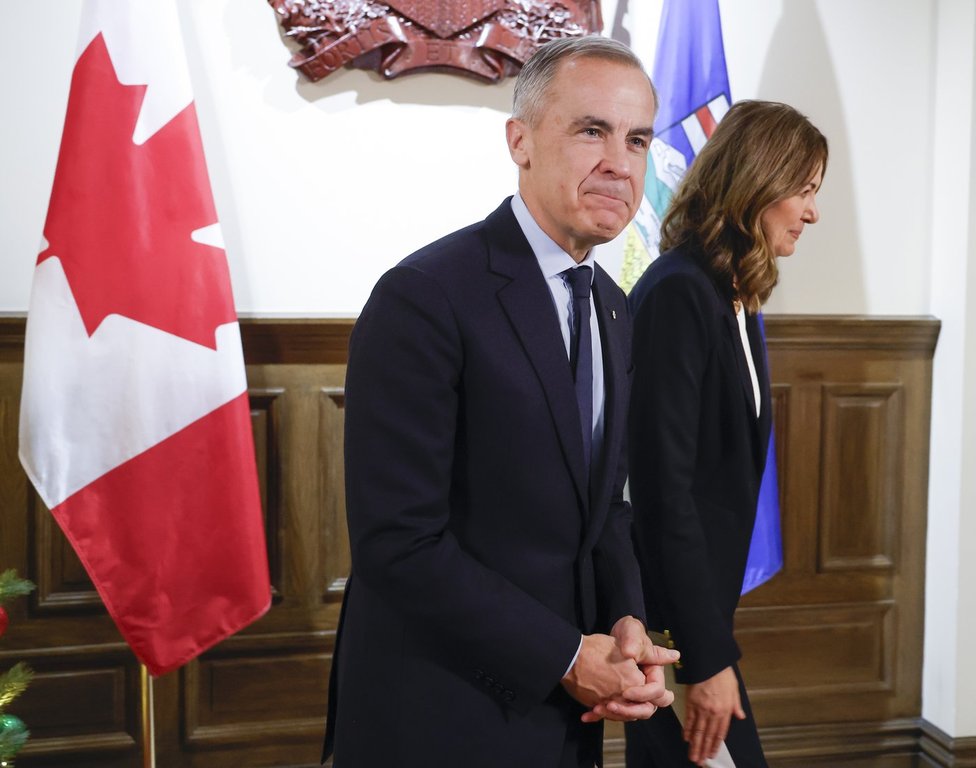Pipeline deal could trigger race to the bottom on Canada’s climate policy: advocates
Advertisement
Read this article for free:
or
Already have an account? Log in here »
To continue reading, please subscribe:
Monthly Digital Subscription
$0 for the first 4 weeks*
- Enjoy unlimited reading on winnipegfreepress.com
- Read the E-Edition, our digital replica newspaper
- Access News Break, our award-winning app
- Play interactive puzzles
*No charge for 4 weeks then price increases to the regular rate of $19.00 plus GST every four weeks. Offer available to new and qualified returning subscribers only. Cancel any time.
Monthly Digital Subscription
$4.75/week*
- Enjoy unlimited reading on winnipegfreepress.com
- Read the E-Edition, our digital replica newspaper
- Access News Break, our award-winning app
- Play interactive puzzles
*Billed as $19 plus GST every four weeks. Cancel any time.
To continue reading, please subscribe:
Add Free Press access to your Brandon Sun subscription for only an additional
$1 for the first 4 weeks*
*Your next subscription payment will increase by $1.00 and you will be charged $16.99 plus GST for four weeks. After four weeks, your payment will increase to $23.99 plus GST every four weeks.
Read unlimited articles for free today:
or
Already have an account? Log in here »
A new pipeline agreement between Alberta and Ottawa is raising concerns that key climate policies could be opened up to province-by-province negotiation.
Alberta has agreed to strengthen its industrial carbon price, but the deal proposes to suspend clean electricity rules for the province and extend the timeline for it to cut down on highly polluting methane emissions.
The head of the Pembina Institute, an energy transition thinktank, says renegotiating federal climate policies will sow investment uncertainty and delay action.

There’s no pipeline on the table, but today’s memorandum of understanding commits both the federal government and Alberta to work towards building one to the West Coast.
Prime Minister Mark Carney says the deal will help Canada diversify its exports and strengthen the economy.
The head of the Canadian Climate Institute, Rick Smith, says offering carveouts based on politics rather than evidence is a shortsighted compromise that will increase emissions of planet-warming gases and invite provinces to ask for their own special treatment.
“That could trigger a race to the bottom,” he said in a statement.
This report by The Canadian Press was first published Nov. 27, 2025.



